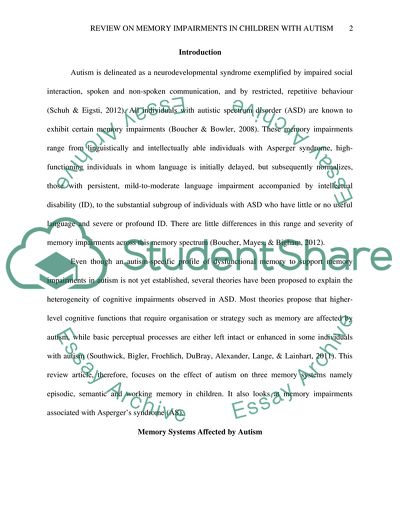Cite this document
(LITERATURE REVIEW: Memory Impairments in Children with Autism Essay, n.d.)
LITERATURE REVIEW: Memory Impairments in Children with Autism Essay. https://studentshare.org/psychology/1842628-literature-review-memory-impairments-in-children-with-autism
LITERATURE REVIEW: Memory Impairments in Children with Autism Essay. https://studentshare.org/psychology/1842628-literature-review-memory-impairments-in-children-with-autism
(LITERATURE REVIEW: Memory Impairments in Children With Autism Essay)
LITERATURE REVIEW: Memory Impairments in Children With Autism Essay. https://studentshare.org/psychology/1842628-literature-review-memory-impairments-in-children-with-autism.
LITERATURE REVIEW: Memory Impairments in Children With Autism Essay. https://studentshare.org/psychology/1842628-literature-review-memory-impairments-in-children-with-autism.
“LITERATURE REVIEW: Memory Impairments in Children With Autism Essay”. https://studentshare.org/psychology/1842628-literature-review-memory-impairments-in-children-with-autism.


